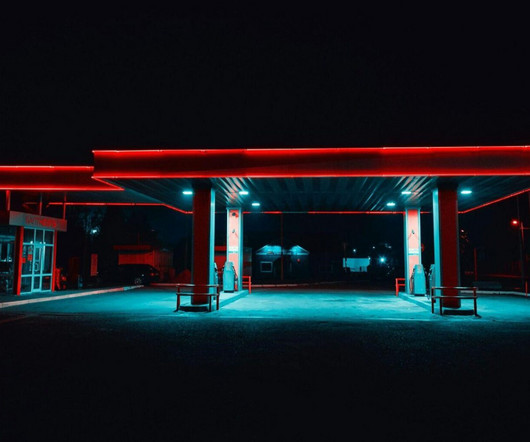Simulation study suggests ORC waste heat recovery system could deliver potential 7% improvement in fuel consumption in a PHEV on highway
Green Car Congress
OCTOBER 10, 2012
The analysis used the Ohio State University EcoCAR, a student prototype PHEV, as the basis for the preliminary fuel economy evaluation. Internal combustion engines have been significantly improving in the past decade, after the adoption of technologies such as Gasoline Direct Injection, mild electrification, downsizing and turbocharging.


































Let's personalize your content